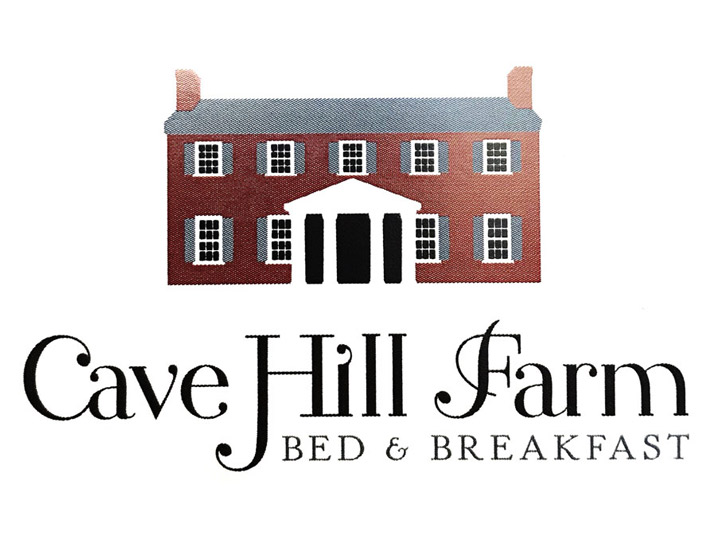This farm was always referred to as “Cave Hill Farm” because the cave was such a great place for good, clean water right out of the ground. It never failed in the early days of the farm.
It has withstood slavery, droughts, and dust storms in the early 1900s, financial stress in the 1930’s and numerous kinds of disease with the livestock and crops. Hybrid seed, disease resistant crops, artificial breeding, persistence and good management helped save the farm. G.T. Hopkins, who bought the farm from his father-in-law, was an innovator and entrepreneur. He started Rockingham Springs which later became Massanutten Ski and Golf Resort started in 1970 by his great-grandson, John L. Hopkins, III.
Cave Hill Farm has been a grain farm, producing some of the finest wheat for local use in nearby flour mills. It had a 15-acre wine growing operation in the late 1800’s. In recent years, it has been a dairy and poultry farm, producing products for local processors. John L. Hopkins, John L. Hopkins, Jr. and John L. Hopkins, III were all born and raised here.
The original house was log; very small and probably stood near the cave for water. In 1830, an Englishman was employed to build this manor house, which took three years. The house has ten rooms plus the basement. The original family cooked all the food in the large basement fireplace and the family dinner was in the room off the basement kitchen. The family only ate in the first-floor dining room if guests were coming. Most guests stayed overnight – before modern transportation which made traveling long distances slow.
The bricks in the house were made from clay on the farm. The outer walls are 15 inches thick; the inner walls are 12 inches thick. There are enough bricks in the house to build thirty brick homes of today’s style. The pine timbers came from nearby mountains.
